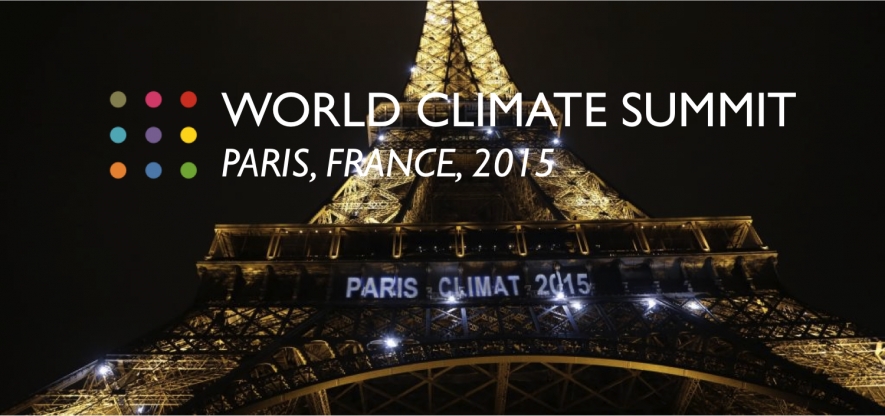The new data that 2014 was Earth's hottest on record "is another reminder that climate change is not a problem for the future — it's happening here and now and we can't wait to take action," a White House official said in a statement.
Opponents of the proposed Keystone XL pipeline that would transport Canadian crude oil across the United States said the new data made it all the more pressing to prevent the construction of the pipeline.
But U.S. Senator James Inhofe, a Republican who is the Senate's leading climate change skeptic, said the temperature difference between 2014 and 2010 was so insignificant as to prove there was no need for more stringent regulations by the U.S. Environmental Protection Agency.
"Human activity is clearly not the driving cause for global warming, and is not leading our planet to the brink of devastation that many alarmists want us to believe," he said.
The U.N.'s Intergovernmental Panel on Climate Change (IPCC) says it is at least 95 per cent probable that human activities, rather than natural variations in the climate caused by factors such as sunspots, are to blame for rising temperatures.
Still, a Paris deal will be hard to achieve since curbs on fossil fuel use are unpopular in many nations. Low oil prices may also discourage a shift to cleaner wind and solar power.
"The political challenges of organizing countries to respond, particularly through the UN process, remain very high," Michael Levi, a fellow on energy and environment at the Council on Foreign Relations in New York, told Reuters.
Rowan Sutton, director of climate research at Britain's National Centre for Atmospheric Science at the University of Reading, said a single year did not mean much because it might be a freak hot year.
"But the fact that now 14 of the 15 warmest years on record have occurred since the turn of the century shows just how clear global warming has become," he said.
Even so, temperatures have not risen as fast as they did in the 1980s or 1990s, taking an unusually warm 1998 as a starting point. The IPCC has described it as a hiatus in warming.



















